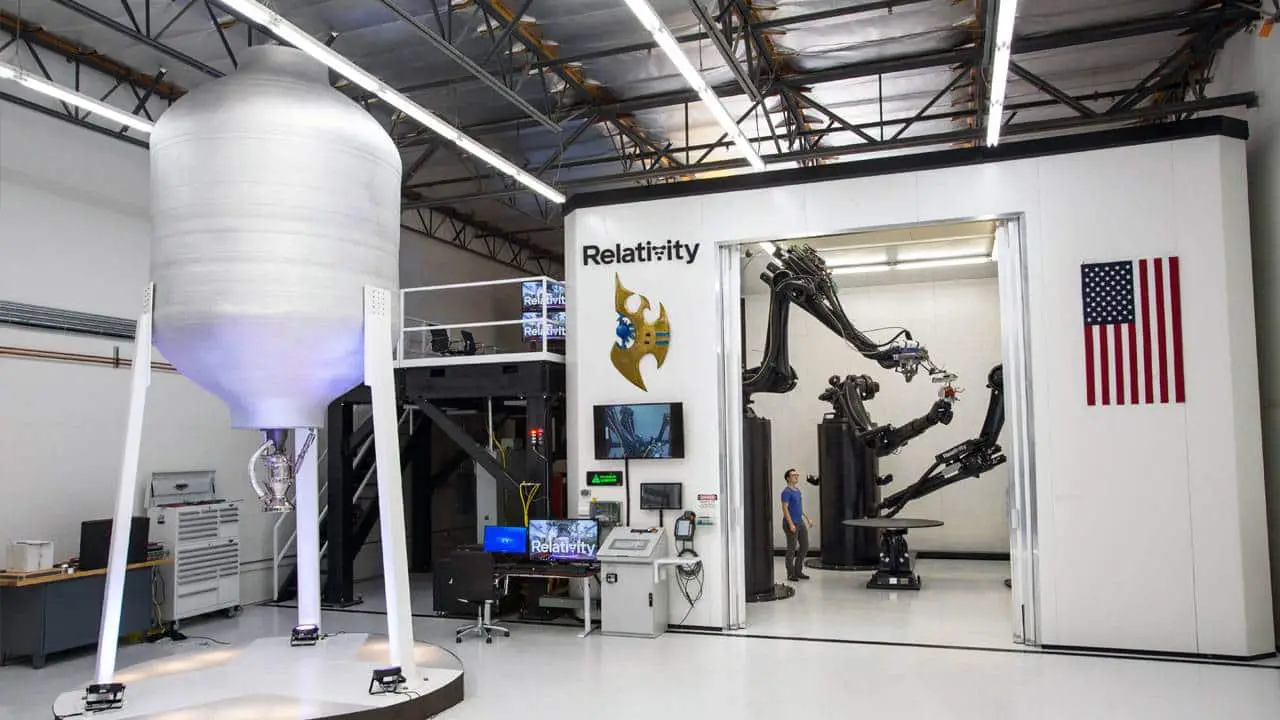The idea of quantum computing comes for quantum mechanics that uses phenomena like superposition, interference, and entanglement to perform computation. A quantum computer does this work of quantum computation. Instead of representing bits, a quantum computer represents quantum bits, better known as qubits, which take on the value 0, or 1, or both at the same time. There are two approaches to quantum computing, digital and analog.
Quantum computing can be traced back as early as 1980 when physicist Paul Benioff proposed a model of a Turing machine, based on the fundamentals of Quantum mechanics. The theory was later backed by scientists, Richard Feynman and Yuri Manin who brought in the idea of a quantum computer to have the robust potential to simulate things as perfectly as required, which the other classical computers failed to deliver. 4 years later in 1994, the quantum algorithm was developed by Peter Shor for factoring integers that had the potential to decrypt all available secured communications. Google AI recently collaborated with NASA (National Aeronautics and Space Administration), to secure supremacy over the fundamentals of Quantum computing.
But how can Quantum computing help in building a more sustainable future is a million-dollar question and the answers are manifold. Here are some discussed, have a look below to know them in details.
Conservation of energy
Quantum computers use significantly lesser energy, as compared to classical computers, thereby cutting down the costs and dependency on fossil fuels. Quantum processors operate under extremely low temperatures that are even lower than that in interstellar space. At such a low temperature, the quantum processor is superconducting, meaning that it can conduct electricity, completely resistance-free. This requires almost no power consumption and also generates no heat. That makes the power consumption of the quantum computer just a fraction of that in a classical computer.
Weather change prediction
Quantum computing can predict meteorological conditions in the ways that even supercomputers fail to deliver. The Met Office has already made a huge investment in quantum computing to improve forecasting, while IBM has collaborated with organizations like UCAR or the University Corporation for Atmospheric Research and the NCAR or the National Center for Atmospheric Research, to develop an indigenous weather forecasting model. In fact, this is the first model ever in the global history that claims to cover even the most underserved areas.
Drug research and development
Quantum computing has already revolutionized biopharma Research and Development. With the powerful tools essential for studying complexities in human physiology and the manifold impact of drugs on humans and other living organisms, quantum computing saves both the time and cost while saving lives.
Therefore, quantum computing can solve the most complex of the problems that the world is facing right now. Classical computers may take years to solve these problems, that a quantum computer can solve just within a few seconds. Problems ranging from data encryption to the invention of new drugs, to creating precise climate models, quantum computers are everywhere. The CTO of HP (Hewlett Packard), Mark Potter emphasized the manifold benefits that quantum computing can bring in and remarked,
Quantum computing will have a revolutionary impact on our understanding of quantum systems and will be good at solving intrinsically quantum problems. For example, it can help us solve physics problems where quantum mechanics and the interrelation of materials or properties are important. At an atomic level, quantum computing simulates nature and therefore could help us find new materials or identify new chemical compounds for drug discovery. It holds the promise of being able to take on problems that could take a normal computer billions of years to solve and do it in seconds.















Leave a Reply